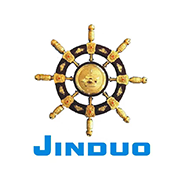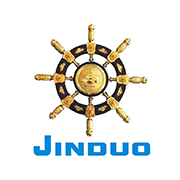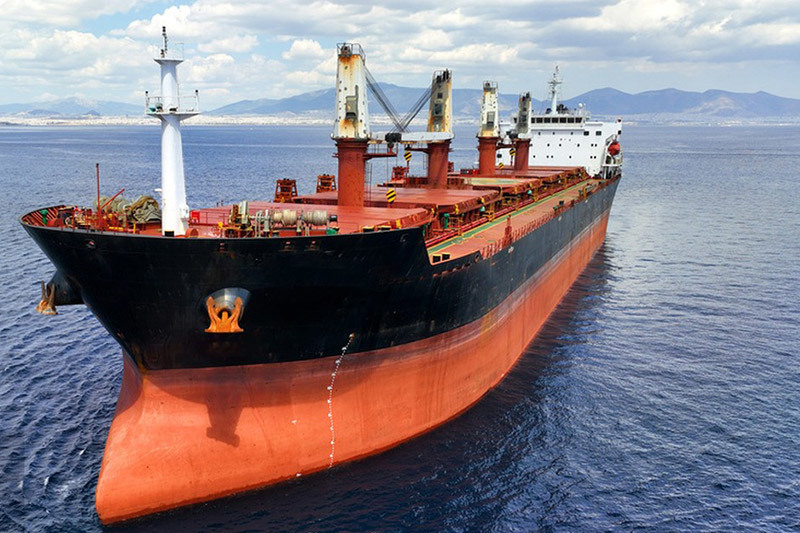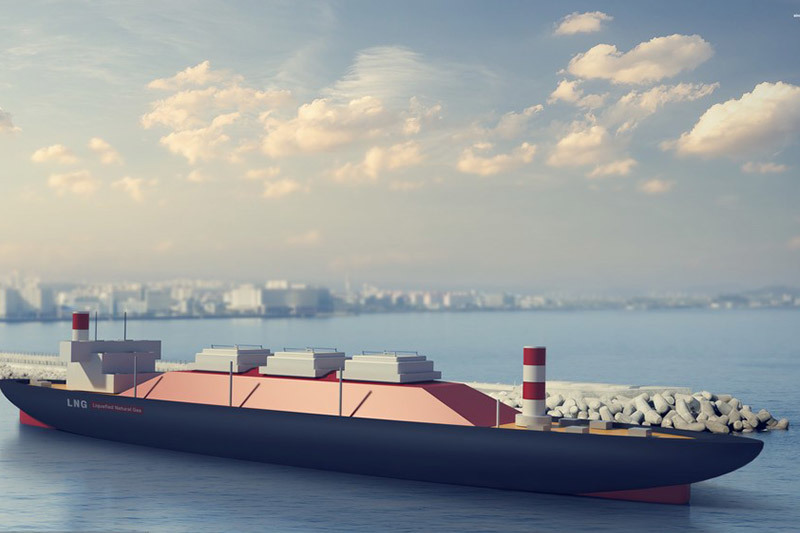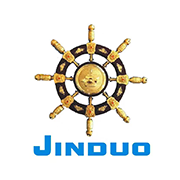news
The Future of Shipping: Why a Marine Vessel Trading Platform is Essential for the Industry
The Future of Shipping: Why a Marine Vessel Trading Platform Matters
Table of Contents
- 1. Introduction to Marine Vessel Trading Platforms
- 2. Current Trends in the Shipping Industry
- 3. Benefits of Marine Vessel Trading Platforms
- 4. The Role of Technology in Shipping
- 5. Key Features of a Marine Vessel Trading Platform
- 6. Challenges Facing Marine Vessel Trading Platforms
- 7. Future Outlook for Marine Vessel Trading Platforms
- 8. Conclusion
- 9. Frequently Asked Questions
1. Introduction to Marine Vessel Trading Platforms
In the ever-evolving landscape of the shipping industry, **marine vessel trading platforms** have emerged as a pivotal solution for streamlining operations and enhancing connectivity between buyers and sellers. These platforms serve as digital marketplaces, where various stakeholders in the shipping sector can conduct transactions with unprecedented ease and efficiency. With the increasing complexities of global trade and the demand for transparency, such platforms are not merely beneficial; they are indispensable for the future of maritime commerce.
2. Current Trends in the Shipping Industry
The shipping industry is undergoing significant transformations driven by technology, globalization, and environmental concerns. As international trade continues to expand, factors such as **sustainability**, **digitalization**, and **collaborative logistics** become critical. Companies are now prioritizing innovative approaches to reduce costs, improve service delivery, and comply with stringent regulations. In this context, marine vessel trading platforms are emerging as a vital tool, enabling stakeholders to navigate these trends effectively.
3. Benefits of Marine Vessel Trading Platforms
Marine vessel trading platforms provide multiple advantages that redefine how shipping transactions are conducted.
3.1 Increased Efficiency
One of the most significant benefits of marine vessel trading platforms is **increased efficiency**. Traditional methods of buying and selling vessels involve extensive paperwork, long negotiation periods, and numerous intermediaries, which can slow down the process significantly. By digitizing these transactions, shipping companies can reduce the time spent on administrative tasks, allowing them to focus on core business operations.
3.2 Enhanced Transparency
**Transparency** is another crucial benefit provided by marine vessel trading platforms. In an industry often criticized for its opacity, these platforms offer clear visibility into market pricing, vessel conditions, and transaction histories. This transparency fosters trust among buyers and sellers, leading to more informed decision-making and better negotiation outcomes.
3.3 Global Access to Markets
Marine vessel trading platforms break down geographical barriers, granting users **global access to markets**. Buyers and sellers from different parts of the world can connect seamlessly, allowing for international transactions that were previously cumbersome. This accessibility not only increases competition but also leads to better pricing and improved options for all parties involved in the shipping industry.
4. The Role of Technology in Shipping
Technology plays a pivotal role in the evolution of marine vessel trading platforms. With the advent of big data, artificial intelligence, and blockchain, these platforms leverage advanced technologies to enhance user experience, streamline operations, and improve security. For instance, **artificial intelligence** can analyze user behavior to suggest suitable vessels or transactions, while **blockchain** technology ensures secure and transparent transaction records.
5. Key Features of a Marine Vessel Trading Platform
Understanding the key features of an effective marine vessel trading platform is crucial for stakeholders looking to leverage these tools.
5.1 User-Friendly Interface
A **user-friendly interface** is essential for the success of any digital platform. It should allow users to navigate easily, search for vessels using various filters, and complete transactions without unnecessary complications. This ease of use is critical for attracting a diverse user base, including those who may not be tech-savvy.
5.2 Advanced Data Analysis Tools
**Advanced data analysis tools** are instrumental in providing users with insights into market trends, pricing, and vessel performance. By leveraging such tools, users can make informed decisions, predict market fluctuations, and strategically plan their purchases or sales.
5.3 Robust Security Measures
In an era of increasing cyber threats, **robust security measures** are paramount. A reputable marine vessel trading platform must implement strong encryption protocols, secure user authentication processes, and regular security audits to protect sensitive transaction data.
6. Challenges Facing Marine Vessel Trading Platforms
Despite their numerous benefits, marine vessel trading platforms face several challenges that could hinder their effectiveness. Issues such as regulatory compliance, cybersecurity risks, and the need for continuous technological advancements must be addressed to ensure these platforms thrive in a competitive landscape. Additionally, gaining user trust and encouraging adoption across various stakeholders is critical for success.
7. Future Outlook for Marine Vessel Trading Platforms
The future of marine vessel trading platforms looks promising, driven by ongoing technological advancements and the need for greater efficiency in the shipping industry. As more stakeholders recognize the benefits of digital transactions, we can expect an increase in platform adoption. Moreover, innovations such as **smart contracts**, powered by blockchain technology, will likely enhance transaction security and reduce the need for intermediaries, paving the way for more streamlined operations.
8. Conclusion
In conclusion, marine vessel trading platforms are reshaping the landscape of the shipping industry. By enhancing efficiency, transparency, and access to global markets, these platforms are not just beneficial; they are crucial for the future of maritime commerce. As technology continues to evolve, we anticipate further innovations that will solidify the significance of these platforms, making them an essential component of the shipping ecosystem.
9. Frequently Asked Questions
1. What is a marine vessel trading platform?
A marine vessel trading platform is a digital marketplace that facilitates the buying and selling of ships and marine equipment. It streamlines transactions, enhances transparency, and connects buyers and sellers from around the world.
2. How do marine vessel trading platforms improve efficiency?
By digitizing the transaction process and reducing the need for intermediaries, marine vessel trading platforms minimize administrative burdens, enabling faster and more efficient transactions.
3. What technologies are integrated into marine vessel trading platforms?
These platforms typically integrate technologies such as artificial intelligence for market analysis, blockchain for secure transactions, and data analytics for informed decision-making.
4. How do these platforms ensure user security?
Marine vessel trading platforms implement robust security measures, including encryption protocols, secure user authentication, and regular security audits to protect transaction data.
5. What are some challenges faced by marine vessel trading platforms?
Challenges include regulatory compliance, cybersecurity risks, and the need to gain user trust and encourage widespread adoption among stakeholders in the shipping industry.
By leveraging the insights and advantages provided by marine vessel trading platforms, stakeholders in the shipping industry can position themselves for success in a rapidly evolving marketplace.
Other news
The Future of Maritime Transportation: Self Unloading Bulk Carriers Explained
The Future of Maritime Transportation: Self Unloading Bulk Carriers Explained Table of Contents 1. Introduction to Maritime Transportation 2. What Are Self Unloading Bulk Carriers? 3. Historical Evolution of Bulk Carriers 4. Mechanisms of Self Unloading Technology 5. Benefits of Self Unloading Bulk Carriers 6. Environmental Impact of Self Unloading Bulk Carriers 7. Fut
Understanding the 5000 DWT Bulk Carrier: Key Features and Operational Insights
The 5000 DWT (Deadweight Tonnage) bulk carrier is designed to efficiently transport a wide range of bulk cargoes, including grains, coal, minerals, and other solid commodities. Such vessels play a pivotal role in global trade, as they are capable of navigating both coastal and deep-water routes with ease. Their moderate size allows for flexibility in port access and reduced operational costs, maki
Evaluating the Best Practices for Using a Ship Trading Platform
Evaluating the Best Practices for Using a Ship Trading Platform Table of Contents 1. Introduction to Ship Trading Platforms 2. Understanding Ship Trading and Its Importance 3. Key Features of Effective Ship Trading Platforms 4. Best Practices for Successful Ship Trading 4.1 Conducting Thorough Market Research 4.2 Leveraging Data Analytics
Privacy
The Software respects and protects the personal privacy of all users of the Services. In order to provide you with a more accurate and personalized service, the Software will use and disclose your personal information in accordance with this Privacy Policy. However, the Software will treat such information with a high degree of diligence and duty of care. Except as otherwise provided in this Privacy Policy, the Software will not disclose or provide this information to third parties without your prior permission. The Software may update this Privacy Policy from time to time. You will be deemed to have agreed to this Privacy Policy in its entirety when you agree to the Software Service Use Agreement. This Privacy Policy is an integral part of this Software Service Use Agreement. 1. Scope of ApplicationIn your use of the Software's network services, the Software automatically receives and records information on your cell phone, including, but not limited to, your health data, the language used, the date and time of access, information on hardware and software characteristics, and data on webpage records of your needs; 2. Use of InformationAfter obtaining your data, the Software uploads it to the server to generate your leaderboard data so that you can better use the Services. The Software will upload your data to the server to generate your ranking data so that you can use the service in a better way. 3. Information Disclosure 3.1 The Software will not disclose your information to untrusted third parties. 3.2 In accordance with the relevant provisions of the law, or the requirements of administrative or judicial bodies, disclosure to third parties or administrative or judicial bodies; 3.3 If you appear to violate the relevant Chinese laws, regulations or relevant rules, it is necessary to disclose it to a third party; 4. Information Storage and Exchange The information and materials collected by the Software about you will be stored on the servers of the Software and/or its affiliates. The information and data may be transferred to and accessed, stored and displayed outside of your country or region or the country in which the Software collects the information and data. 5. Information Security When using the Software's network services to conduct online transactions, you will inevitably disclose your personal information, such as contact information or postal address, to the counterparty or potential counterparty. Please protect your personal information and provide it to others only when necessary. If you find that your personal information has been compromised, please contact the software's customer service immediately so that the software can take appropriate measures.
